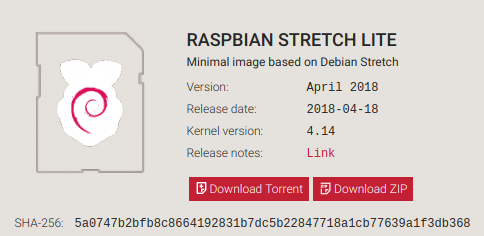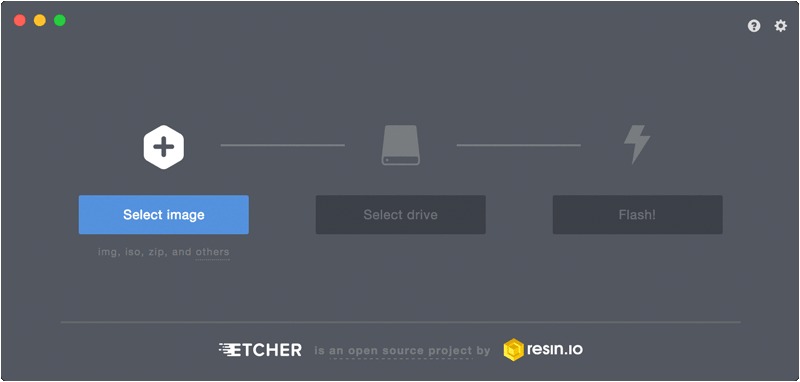Edit: After fighting with Raspbian Lite, I decided to use HypriotOS as the base image on my Raspberry Pis. Here are the downloads. I used version 1.9.0 that included Docker 18.04.0-ce, kernel 4.14.34. You can still use Etcher below to put the image on the SD Cards
Raspberry Pi Kubenetes Cluster - Part 1
Raspberry Pi Kubenetes Cluster - Part 2
Raspberry Pi Kubenetes Cluster - Part 3
Raspberry Pi Kubenetes Cluster - Part 4
Howdy again.
Alright, my 8 port switch showed up so I was able to connect my raspberry 3B+ boards to my home network. I plugged it in with 6 1ft CAT5 cables I had in my catch-all box that all of us nerds have. I’d highly suggest flexible CAT 6 cables instead if you can get them, like here. I ordered them and they showed up before I finished this post, so I am using the CAT6 cables.
The IP addresses they will receive initialy from my home router via DHCP can be determined with nmap. Lets imagine my subnet is 192.168.1.0/24.
Once I got them on the network I did the following:
[master]->$ nmap -sn 192.168.1.0/24 | grep raspberrypi
Nmap scan report for raspberrypi (192.168.1.95)
Nmap scan report for raspberrypi (192.168.1.100)
Nmap scan report for raspberrypi (192.168.1.102)
Nmap scan report for raspberrypi (192.168.1.114)
Nmap scan report for raspberrypi (192.168.1.115)
Nmap scan report for raspberrypi (192.168.1.117)
Install Raspbian OS On SD Cards Link to heading
You can get the Raspberry Pi Stretch Lite OS from here.

Then use the Etcher tool to install it to each of the 6 SD cards.

IMPORTANT Link to heading
Before putting the cards into the Raspberry Pis you need to add a ssh folder to the root of the SD cards. This will allow you to ssh to each Raspberry Pi with default credentials (username: pi and password raspberry). Example: ssh pi@raspberry_pi_ip where raspberry_pi_ip is obtained from the nmap command above.
Next post will be setting up kubernetes. Thank you for reading.
Cheers.